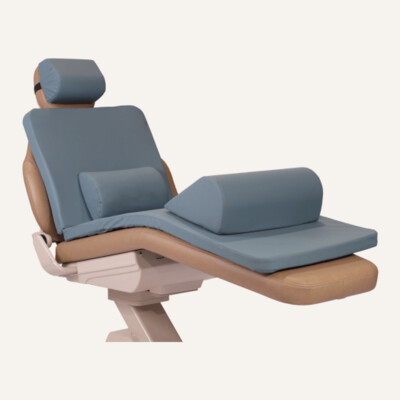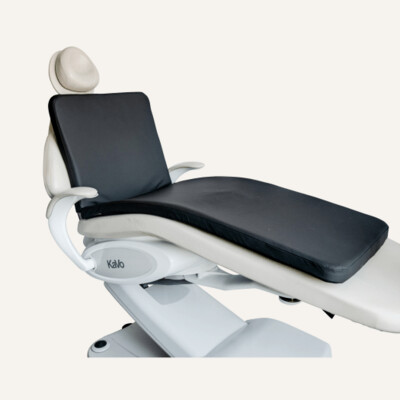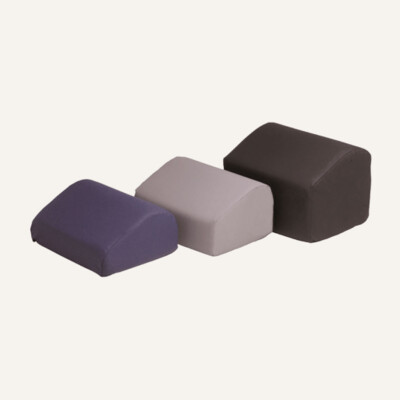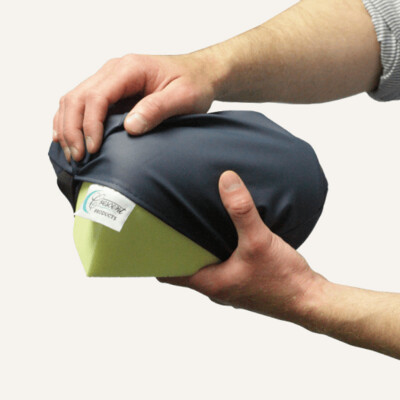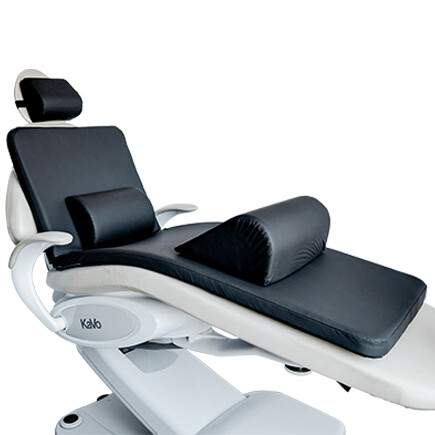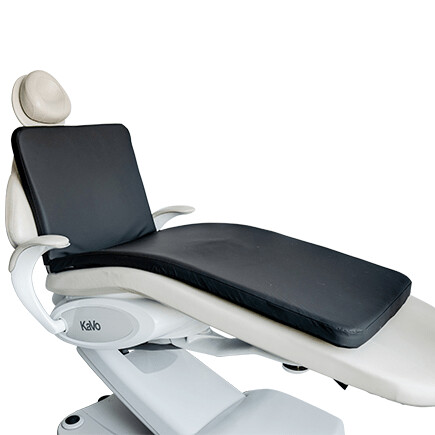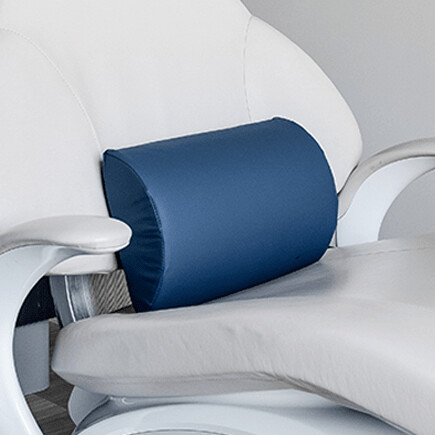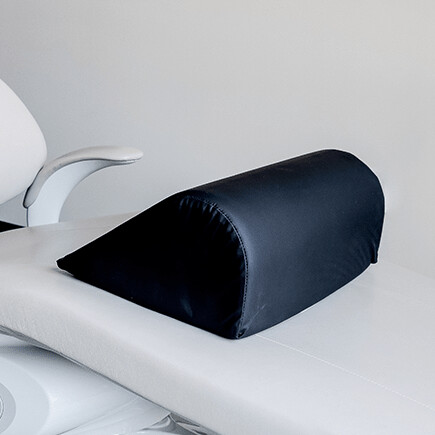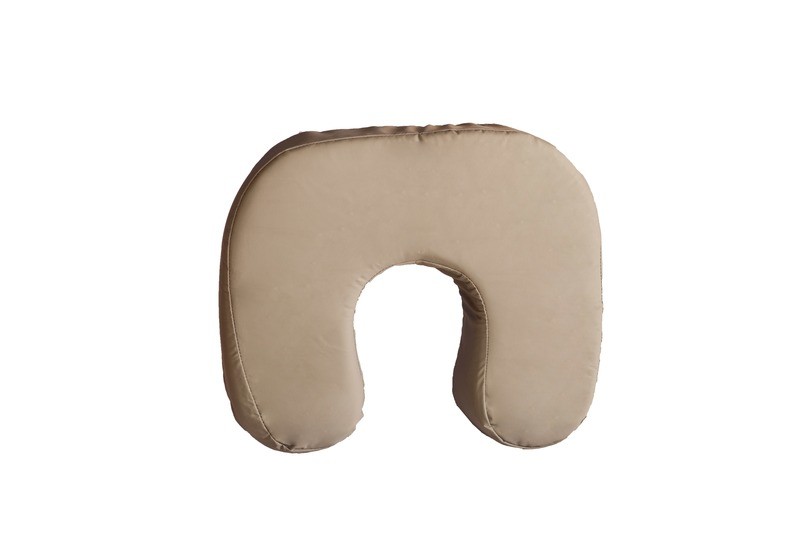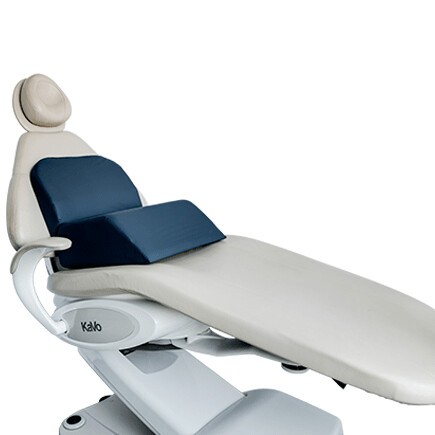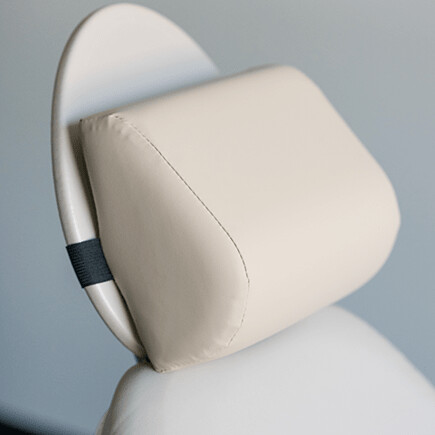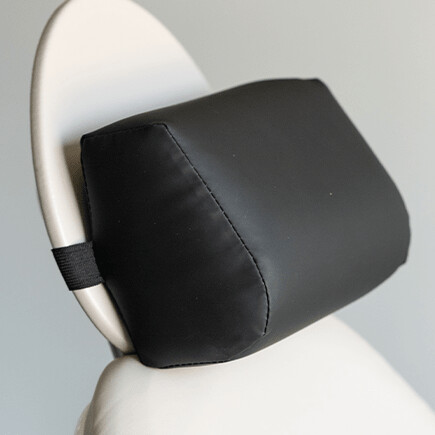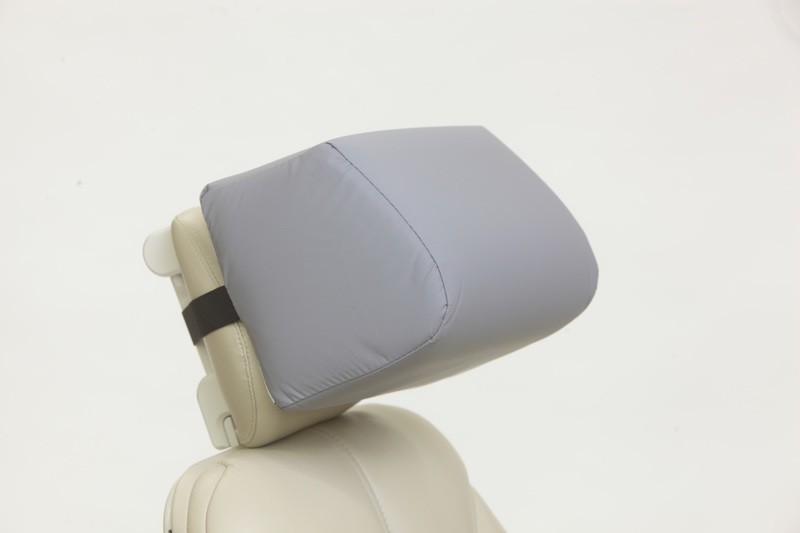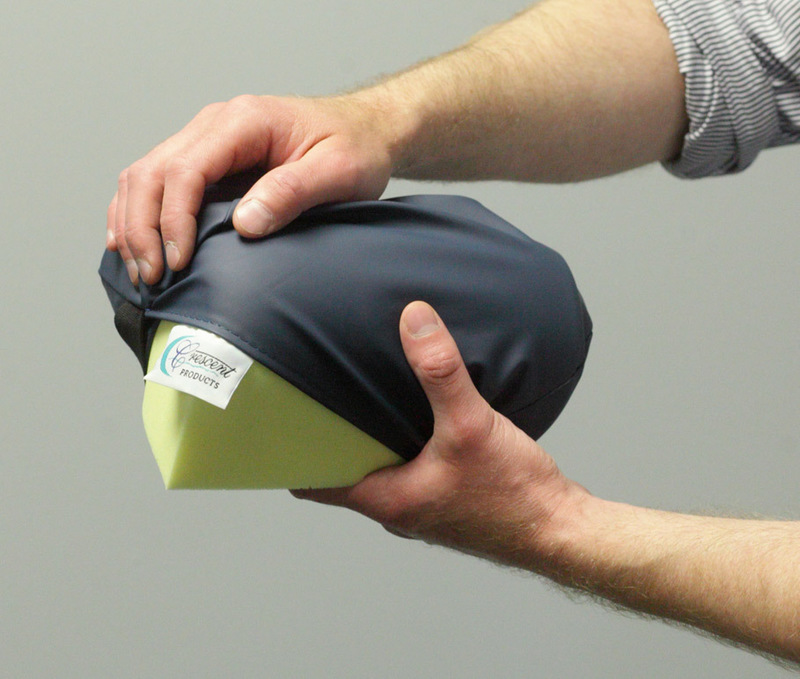How Dentists Can Confront the Two Most Common Occupational Hazards
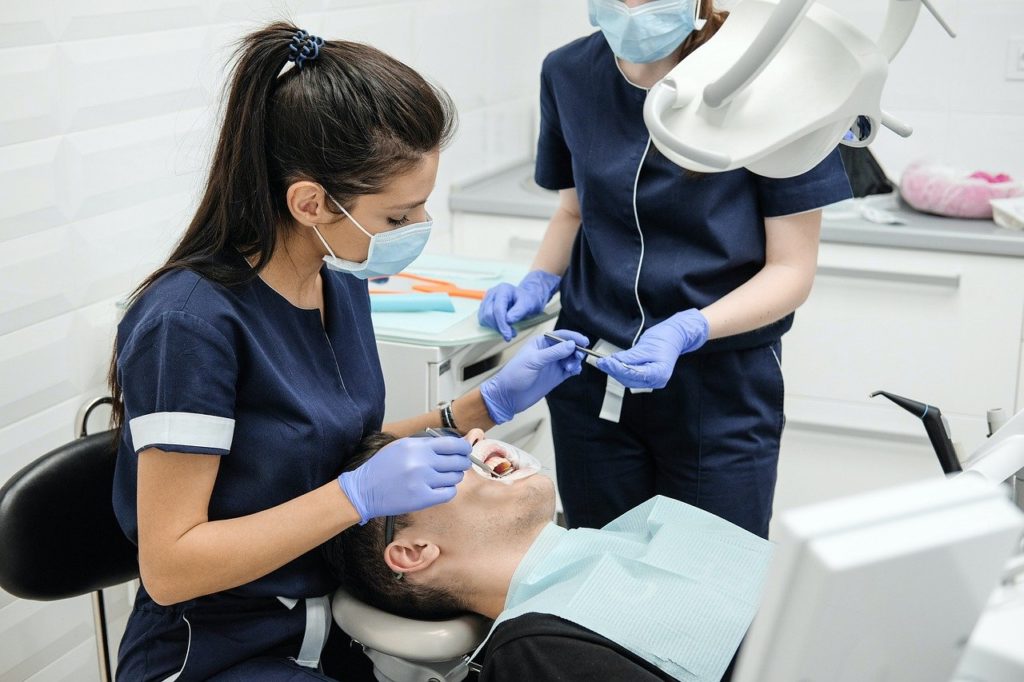
Dentists face a number of occupational hazards and other health issues during the course of their careers. These issues can cause financial and physical hardship, as those who suffer from them will inevitably see fewer patients and have shorter careers. While these issues persist in the field of dentistry, there are ways to confront them and mitigate their negative effects.
These are the most common dental occupational hazards and the steps you can take to limit their impact on your everyday health and overall career.
Infections
Bacterial and viral infections are common and can easily be spread through liquid splatter, particles dispersed into the air when using aerosol tools, and via surfaces in dental treatment areas. Dentists are also susceptible to blood-borne pathogens, particularly from needles. There is always a risk of transmission, and dental professionals must take the proper precautions to avoid them.
There are three major ways to avoid infections in dental settings:
- Follow all CDC guidelines and Infection Control Practices
- Make routine cleaning and disinfecting an integral part of your dental practice
- Invest in dental chairs, dental chair accessories, and other products that have anti-microbial surfaces that are easy to clean and disinfect.
Musculoskeletal Issues
Dentistry is filled with repetitive work. During treatment, it’s not uncommon for one’s posture to be strained and their body to be twisted into unnatural positions. Holding these positions for prolonged periods can cause musculoskeletal issues in the neck, shoulders, back, hips, elbows, and wrists.
Studies have revealed that most dentists (more than 87%) have suffered from at least one musculoskeletal disease in the past year. These diseases create uncomfortable and unsafe work environments, shorten careers, and lead to chronic pain in one or more areas of the body. While these conditions are common and painful, most dentists work through them simply because they have to in order to adequately access the treatment areas of a patient’s mouth.
This doesn’t have to be the case. There are simple ways for dentists to properly position their patients and avoid musculoskeletal issues. It’s all comes down to patient positioning. For dentists to preserve the best ergonomic working posture when working behind the upper arch of a patient, the patient must be positioned so that the occlusal plane of the upper arch is 20-25 degrees behind the vertical. The problem is that this position can be uncomfortable for patients because of the positioning of their head, which is why it’s so hard to achieve when using standard headrests on the average dental chair. However, using a memory foam headrest allows dentists to properly position their patients in ways that enable ergonomic positioning during treatment.
These dental headrests are easy to install, use, and disinfect in between patients. They are the ideal way for dentists to treat comfortably while also keeping their patients relaxed and secure in the dental chair. Multiple options are available for patients of all ages and sizes. Learn how to choose the best dental headrest for your patients today.
